JUST like any other university student would have to, Chai Fong Ying is currently doing an internship, as part of her accountancy degree programme.
For the past three months, she has gotten up early every morning to make the dreaded drive through rush hour traffic to her office in Petaling Jaya, Selangor, to learn a bit more about her selected profession – just like any university intern would.
But unlike most university interns, Fong Ying also happens to be a three-time world wushu champion.
The 25-year-old athlete won her third World Wushu Championship gold medal in Turkey last October when she came out tops in the taijijian (taiji sword) event. She now has three gold medals from the last four world championships she’s competed in.
Just a month after her latest one, she was clocking in at the office for the start of her internship.
“It’s not bad,” she said of having to go from being a world champion to an intern.
“I just have to let go of the world champion tag and learn. It feels like when I first started learning wushu – there’s so much I don’t know!”
Being an intern isn’t easy at the best of times, but being a national athlete – and one at the very top of her game – doesn’t make it any easier for Fong Ying. After clocking off at the office every evening, she still has to make her way to the National Sports Complex in Bukit Jalil – again, through rush hour traffic – for around two hours of wushu training.
Even though she could earn money through coaching, and she’s regularly invited to perform at high profile events, Fong Ying still insists on preparing for the possibility of a life without wushu by finishing her degree.
“I’ve delayed my studies so much (because of wushu). I’ve been in Universiti Putra Malaysia for six years now. Most of my classmates are already working!” she said.
Still, Fong Ying is proud of what she’s been able to achieve, and is glad to see more young people becoming interested in the martial arts discipline thanks to some great work by the National Sports Council and the Malaysia Wushu Federation.
“Even after I became world champion for the first time (in 2005), people were telling me wushu wasn’t worth it. They said I could’ve been an accountant by now.
“But when you’re standing on that podium at a tournament – and all you’ve been hearing is the Chinese national anthem (top wushu countries China, Hong Kong and Macau share an anthem) – and they play Negaraku for you, it’s such a great feeling. You feel so proud to be representing Malaysia,” she said.

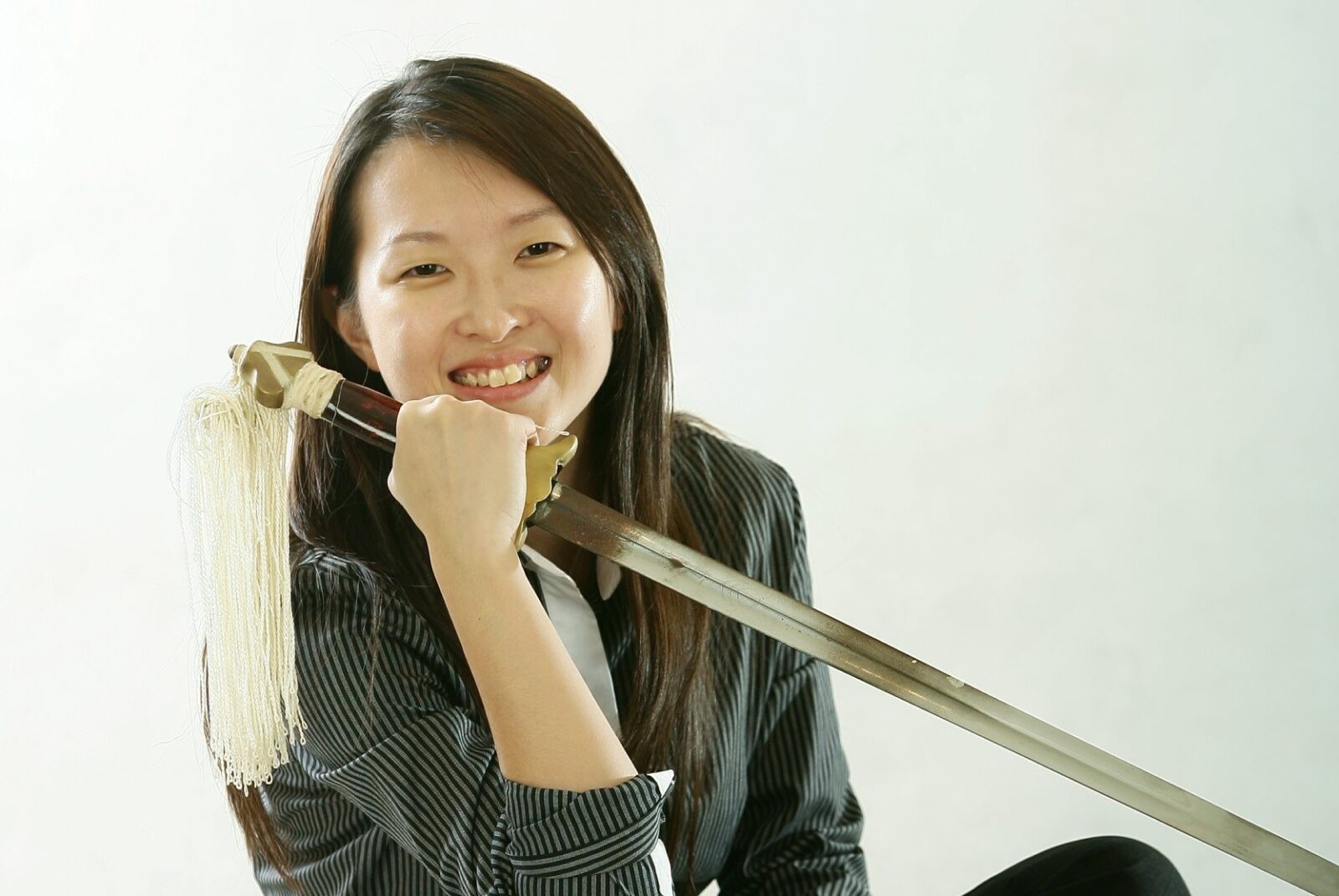
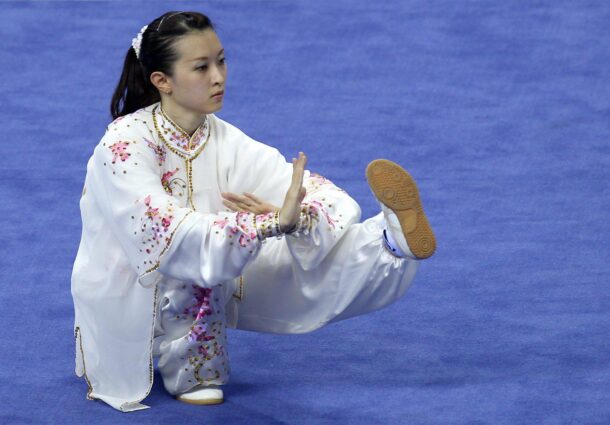
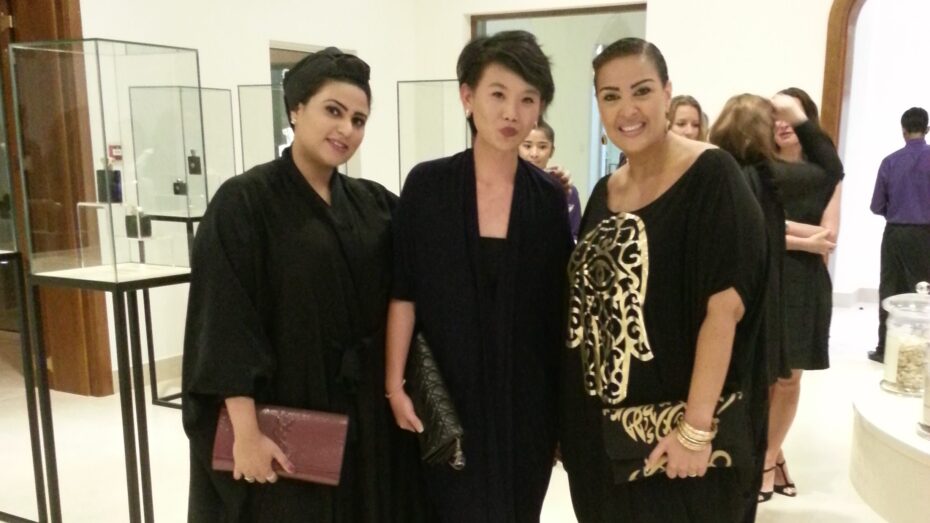


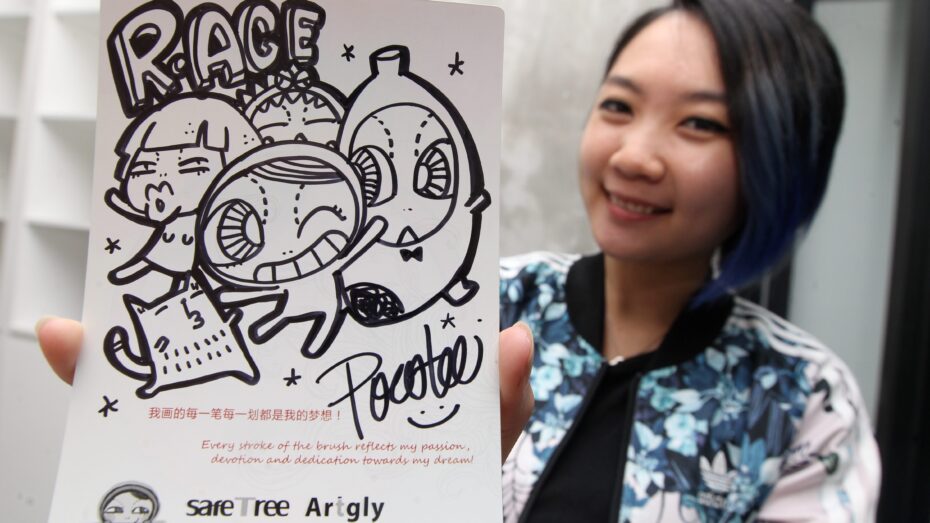
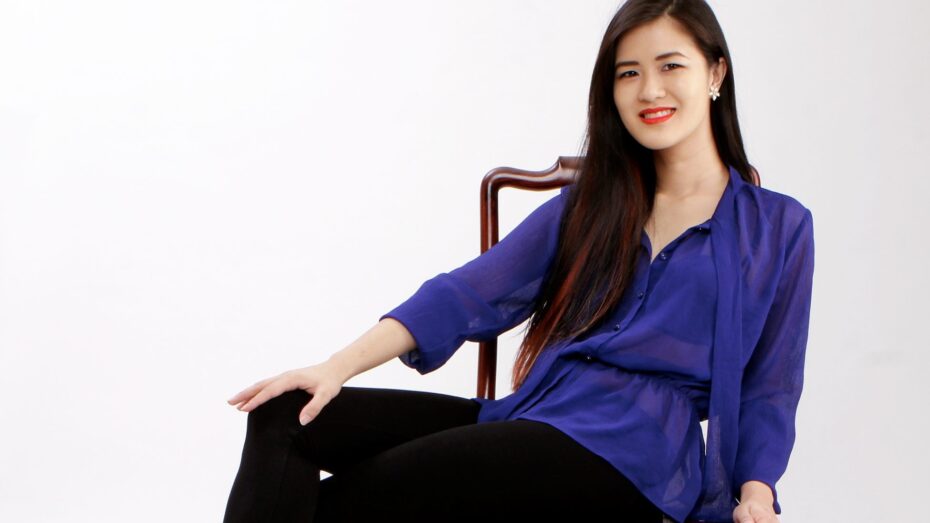
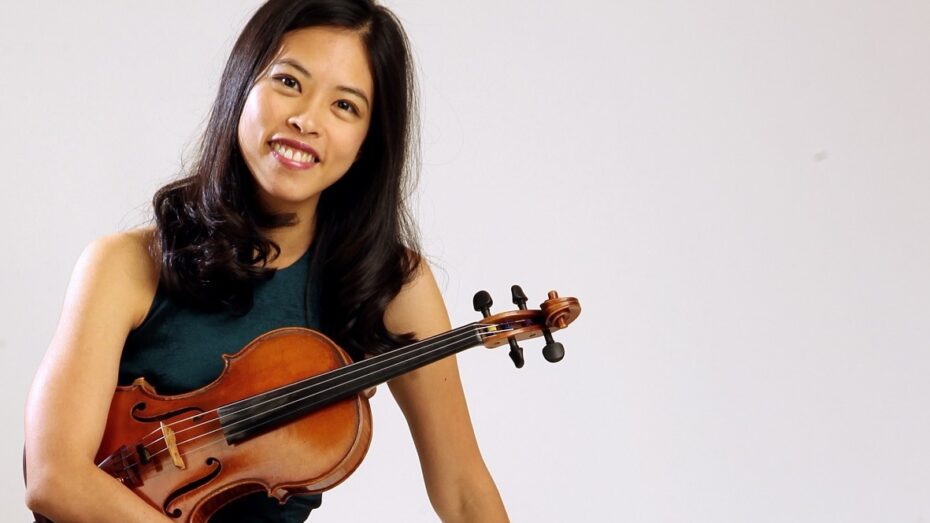

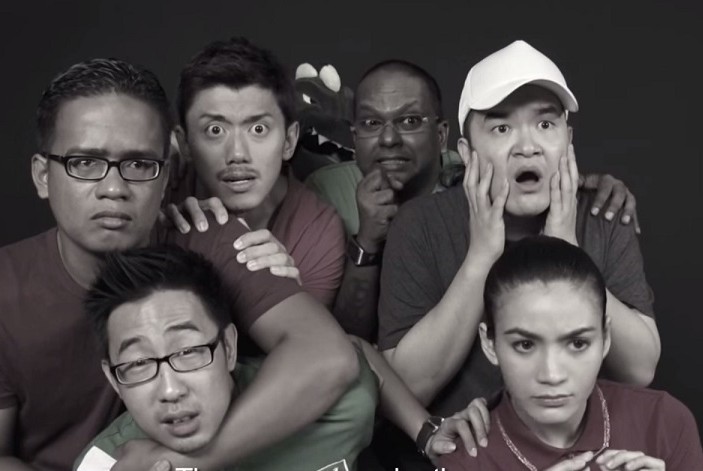




Leave a reply